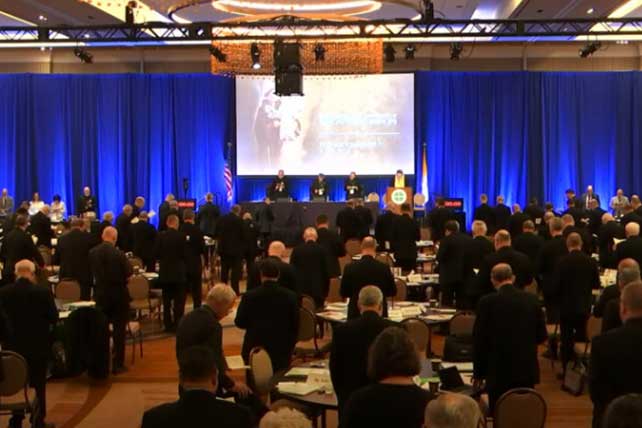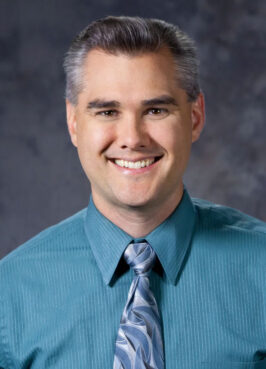Hichborn told RNS he has met with “a couple of dozen bishops over the years to express grave concern over the grants issued by the CCHD, and when I was able to present printed evidence of my findings, the bishops expressed shock and a desire to change things.”
“Our only desire is for the treasury of the Church to be used for the salvation of souls, not the funding of secular entities making worldly and empty promises,” Hichborn wrote in an email, saying of the layoffs: “Unless and until the leadership of the USCCB reorients the entire department to reflect this integral aspect of the Church’s mission, this move is just another shuffling of the chairs on the deck of the Titanic.”
In a June 18 column where he suggested that CCHD should be replaced by a collection for Catholic education, Bishop Thomas Paprocki of Springfield, Illinois, cited reports like those Lepanto produces, alongside financial difficulties, as prompting the bishops’ earlier discussion of CCHD’s future.
Noting that Catholic education has faced rising costs, Paprocki, who chairs the conference’s canonical affairs committee, argued that “Strong Catholic education will help lift the poor out of the cycle of poverty.” He also questioned the efficacy of CCHD.
Garcia-Ashley told RNS that “education is important and we are not debating that” but that CCHD is important because “you have to change policies and you have to engage the people in poverty in their own liberation in a very clear and powerful way.”
As just one example of CCHD’s success, Garcia-Ashley cited “over 7,000 families that now own homes as a result of the support” of CCHD in Milwaukee.
“It’s hard to say when the day is that poverty is going to be over, but that doesn’t mean that we don’t stop working to eradicate it, just because we don’t see the end game,” Garcia-Ashley said.
Garcia-Ashley and Rogers both had praised staffers who had been let go from Justice, Peace & Human Development. “These are incredibly talented and committed people, and I know that everybody is probably chasing them right now,” Garcia-Ashley said.
Network Lobby for Catholic Social Justice announced that Ralph McCloud, the former longtime director of the Catholic Campaign for Human Development who left the bishops’ conference before last week’s layoffs, had joined Network’s team as a fellow the same day that the news of the layoffs became public.
As for next steps for USCCB partners, Rogers said his organization would continue its work and mission. “What it might also mean is for organizations like ours, the Africa Faith and Justice Network, and other nonprofit faith-based organizations that are Catholic to take on new roles” and search for new resources, Rogers said.
But he also said he was holding out hope that the bishops’ conference would find “some type of replacement as opposed to a complete elimination” for their work with Africa.
Said Garcia-Ashley: “We’re focusing on the bishops because they make the decisions. We’re focusing on the national because that’s where the power lies. But don’t forget the power of the pews.”
This article originally appeared here.


